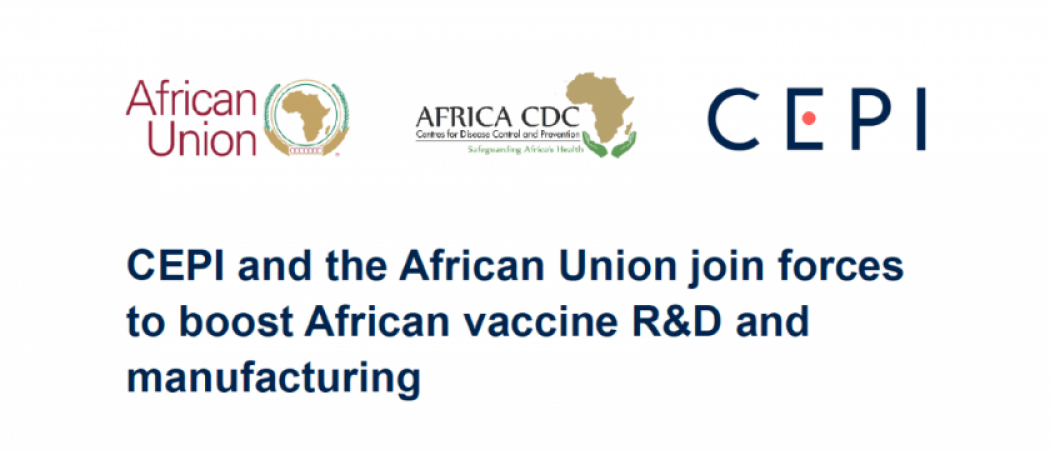
At the 77th World Health Assembly, the Africa Centres for Disease Control and Prevention (Africa CDC) and the Coalition for Epidemic Preparedness Innovations (CEPI) have cemented a strategic partnership aimed at bolstering Africa's defences against disease outbreaks. The two organizations signed a Memorandum of Understanding (MoU) to enhance the continent's epidemic and pandemic preparedness and response.
Dr. Jean Kaseya, Director General of Africa CDC, emphasized the partnership's significance: “The New Public Health Order calls for resilient health systems capable of managing recurrent, high-impact infectious diseases and outbreaks. This collaboration with CEPI is pivotal in advancing Africa’s readiness against epidemics and pandemics, strengthening our health systems beyond pre-COVID-19 levels.”
The collaboration aims to enhance regional vaccine research, development, and sustainable manufacturing capabilities. CEPI’s Chief Executive Officer, Richard Hatchett, highlighted the importance of this initiative: “African leadership and capabilities are crucial for responding to frequent infectious disease outbreaks. By investing in vaccine manufacturing capacity and clinical trial readiness now, we can ensure Africa is well-prepared for future health emergencies.”
In alignment with the African Union’s (A.U.) goal to produce 60% of the continent’s vaccine needs locally by 2040, the partnership will focus on advancing research and development, building a skilled workforce, and optimizing supply chains. This effort aims to boost vaccine sovereignty and reduce reliance on external sources, addressing the vaccine inequity experienced during the COVID-19 pandemic.
Investment in vaccine R&D and manufacturing innovations is essential to achieving these objectives. Africa CDC and CEPI will coordinate efforts to fund projects that accelerate the speed, scale, and accessibility of vaccine production with African manufacturers. This investment will support sustainable manufacturing for routine vaccinations and enable rapid production of response vaccines during outbreaks.
Additionally, the partnership seeks to strengthen Africa’s research ecosystem and clinical trial infrastructure through CEPI’s Research Preparedness Program. Directed by regional experts, this program aims to build capacity for conducting high-quality Phase 3 efficacy trials, particularly for vaccines targeting endemic diseases like Lassa fever.
By enhancing vaccine safety protocols, biosecurity, pathogen surveillance, and capacity building, Africa CDC and CEPI are committed to ensuring comprehensive preparedness for emergency vaccine responses. This cooperation is expected to deliver tangible results, supporting Africa’s long-term health security ambitions.
Article by RB Correspodent
Photo/Africa CDC

Comment